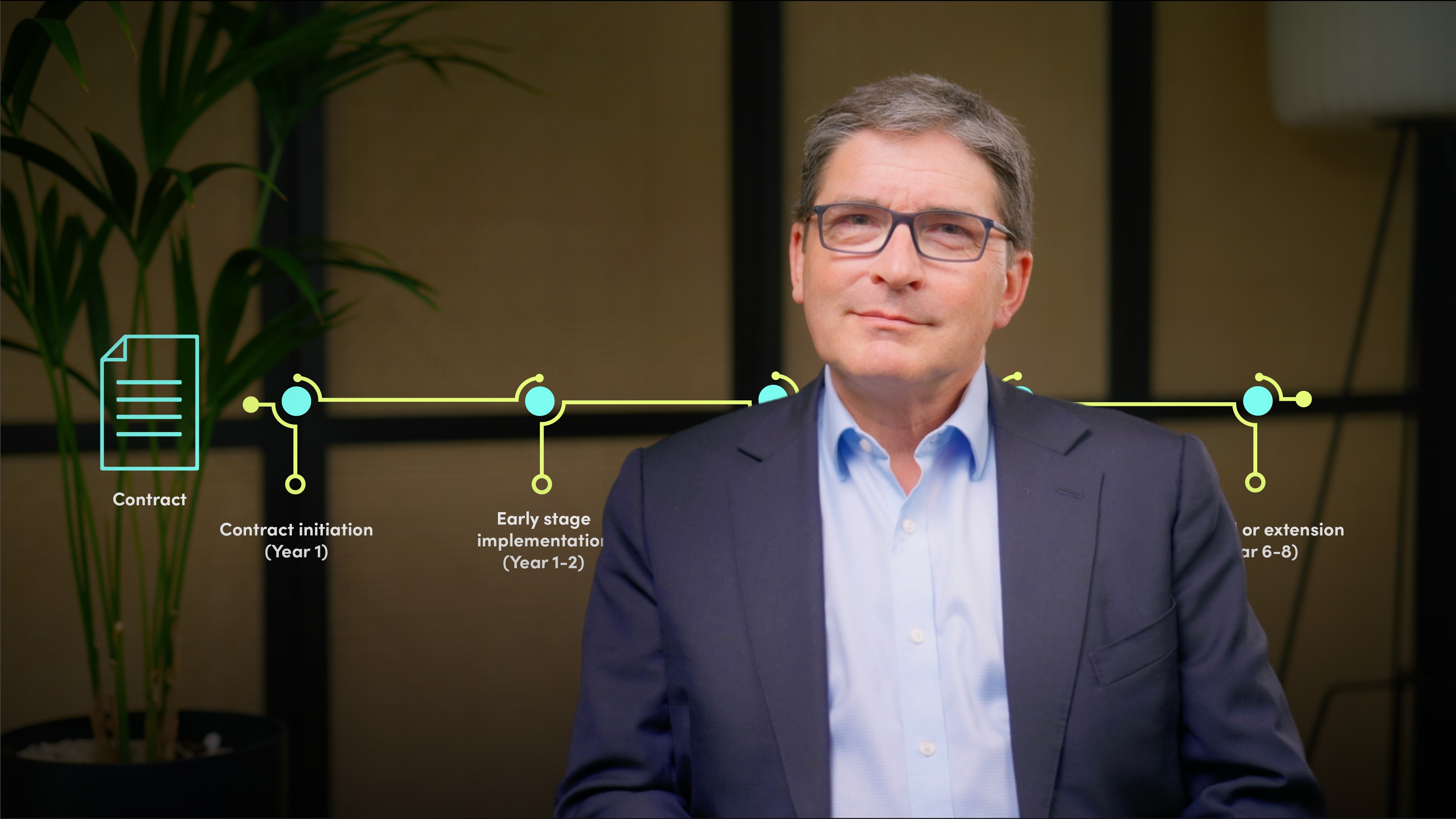
Putting Consumer Duty into Practice

Roger Miles
25 years: Behavoural science & conduct
In this video, Roger explains how financial firms can meet the FCA’s Consumer Duty requirements by focusing on customer-centred conduct. He breaks down the rules into five key questions, shows how to use behavioural science to measure quality, and shares practical tips for reporting outcomes, supporting vulnerable customers, and embedding a culture of good conduct across the business.
In this video, Roger explains how financial firms can meet the FCA’s Consumer Duty requirements by focusing on customer-centred conduct. He breaks down the rules into five key questions, shows how to use behavioural science to measure quality, and shares practical tips for reporting outcomes, supporting vulnerable customers, and embedding a culture of good conduct across the business.
Subscribe to watch
Access this and all of the content on our platform by signing up for a 7-day free trial.

Putting Consumer Duty into Practice
8 mins 37 secs
Key learning objectives:
Understand what Consumer Duty requires from financial firms
Outline five key questions to assess your firm’s conduct
Identify practical indicators to evidence good customer outcomes
Understand the role of behavioural science in meeting FCA expectations
Overview:
Subscribe to watch
Access this and all of the content on our platform by signing up for a 7-day free trial.
- Are your customer communications clear?
- Are your distribution channels suitable for your target customers?
- Is your pricing fair from the consumer’s point of view?
- Is your customer support genuinely effective?
- How well do you identify and support vulnerable customers?
- Readability scores for product literature and terms & conditions
- Evidence of process changes to support vulnerable customers
- Appointment of a Consumer Duty Champion at Board level
- Root-cause analysis of complaints
- Customer journey mapping to spot where people drop off or struggle
- Product ‘fit’ audits to identify and correct mismatches between products and customer needs
Subscribe to watch
Access this and all of the content on our platform by signing up for a 7-day free trial.

Roger Miles
There are no available Videos from "Roger Miles"



























